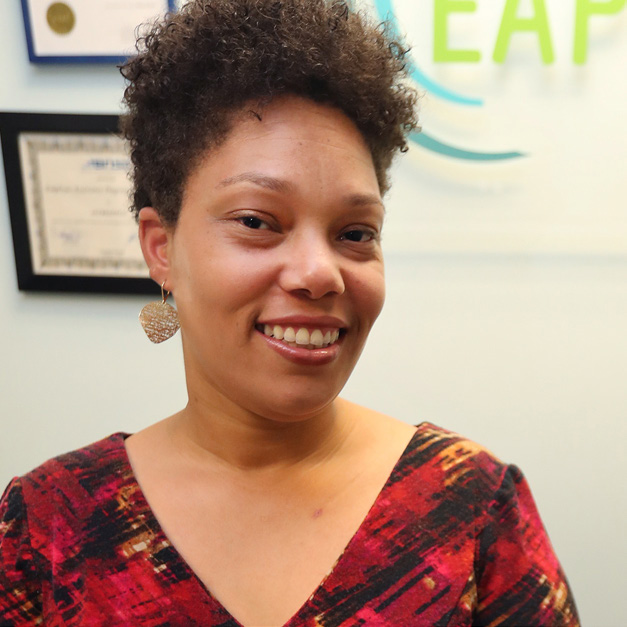Advice on how to handle the stress of transitioning from high school to college and the scholarship process
BY KRYSTAL MCKENZIE
The final years of high school and the prospect of college can be daunting for the best of us. Add to that the pressure of considering applying for scholarships and the process that goes with it, and there’s an additional emotional toll that needs to be considered.
Latisha Lister-Burgess, executive director of the Employee Assistance Programme Bermuda, shared some thoughts on how to navigate this time successfully: “Scholarships are a great way for teens and young adults to afford higher education, but the process can be very stressful.
“Young adults may struggle with fears of not getting a scholarship and may view possible rejections as a sign that they are not good enough. As there are a limited number of scholarships available, many young adults may find they are unsuccessful in their applications.”
Ms Lister-Burgess encouraged hopeful students to not internalise this, and instead focus on their achievements, goals and future successes. “Separate the process and payments from the person!” she urged repeatedly.
At times, there has been an uptick in the number of young adults experiencing negative thoughts or self-harming behaviours between April and June – right around the time of the end of school, tests, pressure of grades, and the process of pursuing higher education. This stress is not often talked about as there is usually a mindset of “we’re almost done”, so the related stress can be minimised.
This is a critical time for parents to focus on their young adult’s mental, emotional, and physical well-being. “If you’ve watched your child over the past years and have a good relationship with them to understand who they are, it should give you some indication on how to help them cope with stressful situations like this,” advised Mrs Lister-Burgess. “Get in front of a crisis before it happens. If a child feels listened to, heard and understood, they are more likely to handle stressful situations successfully. Communication is key!”
Here are some tips to assist your child:
• Make sure they focus on the things they do well and have fun in. Don’t strip their extracurricular activities in place of things that look good on their resume. Support the activities which your child likes, finds joy and feels successful in.
• Encourage them to talk to someone – yourself, a guidance counsellor or a trusted adult. Talking about how they’re feeling can help process thoughts and emotions during this potentially trying period. Research has shown that children only need one positive adult in their lives to be successful, and that person doesn’t have to be a family member. Church, sports and extracurricular activities are all venues that can be beneficial.
• Normalise what’s happening for them. Many people suffer from the idea that they’re the only ones going through this while it happens to everybody. Give it a public domain.
As scholarships only provide a finite amount of money, it’s also important as a community to realise any amount of support is helpful. For example, one church provides “mini scholarships” to each of their members going away to college. Knowing that there’s someone who cares and contributes to your situation is empowering.
Ms Lister-Burgess said: “Scholarships don’t define your self worth. Career growth is much more than this one moment.”
EAP Bermuda provides counselling support for employees of member companies and their children. For assistance, contact EAP at 292-9000.
The Family Centre also has excellent services in place for this demographic. Call them on 232-1116 to find out about their array of programmes and professionals that can guide and support you during this time.
Other support services in Bermuda include Child & Adolescent Services at Bermuda Hospitals Board. They treat individuals up to age 18 who need emotional or mental health support. They have family and occupational therapists, a mental health case manager, clinical manager, social worker, a psychologist and psychiatrist and have art, speech and educational therapies. Access to these services is by referral, so you can speak to your school counselor or GP if you think you need help.
In short, do the best you can and accept that every challenge can lead to success. No matter the outcome, it’s all a part of the journey.

